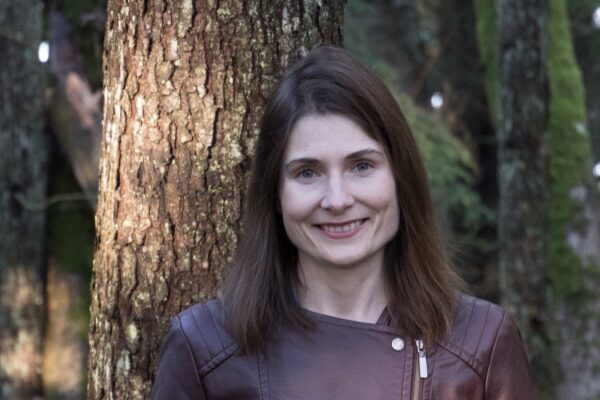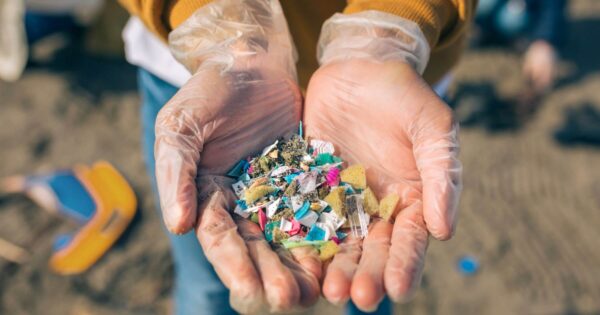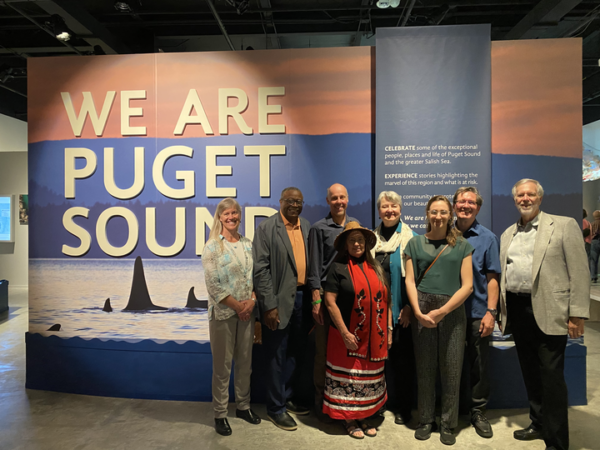SEATTLE: The United States Environmental Protection Agency (EPA) today has issued a preliminary affirmative decision that adequate sewage pump-out facilities are available for recreational and commercial vessels to support the Washington Department of Ecology’s proposed “No-Discharge Zone” for Puget Sound. Under Section 312(f)(3) of the Clean Water Act, EPA’s role in the No-Discharge Zone process is to determine whether adequate pump-out facilities for recreational and commercial vessels are reasonably available.
Environmental groups have been advocating for many years for this important clean water protection.
The No Discharge Zone creates an area in which ships and boats are not allowed to discharge vessel sewage of any kind. Within No Discharge Zone boundaries, vessel operators are required to hold sewage on board their ships for disposal at onshore pump-out facilities or outside the zone’s boundaries. When finalized this No Discharge Zone will join more than 70 others around the country, including zones in the Great Lakes and the entire California coast. It will be the first one in Washington State.
“A No Discharge Zone is an important step for Puget Sound recovery,” says Chris Wilke, Puget Soundkeeper and Executive Director, Puget Soundkeeper Alliance. “These zones have been highly successful in other areas to protect human health, shellfish resources and sensitive habitat for fish and wildlife. It’s high time we had one for all of Puget Sound.”
Marcie Keever, Oceans and Vessels Program Director for Friends of the Earth continues, “As shipping traffic and ship size continues to increase, vessels are generating a growing volume of air and water pollution. Without the protection of a No Discharge Zone Puget Sound would be facing even greater ecosystem harm from ship sewage.”
“This EPA region is the only one in the country that does not have any established No Discharge Zones,” notes Heather Trim, Director of Science and Policy for Futurewise. “We are all pleased that this zone is finally being considered.”
Mindy Roberts, Puget Sound Program Director for Washington Environmental Council adds, “Puget Sound water is incredibly connected, and pollution released in one location can impact water quality many miles away. Establishing the Puget Sound No Discharge Zone is a common-sense action that reflects its ecological and economic value.”
Puget Sound residents and people around the country sent in tens of thousands of emails to the Washington State Department of Ecology supporting a No Discharge Zone when it released the draft proposal in 2015. In crafting the proposal, the Department worked with industry groups, government agencies and environmental groups. The resulting draft rule contains extended timelines –up to five years– for some industry sectors to implement the requirements.
“The issue of clean water in Puget Sound resounds strongly with our members,” says Josh Osborne-Klein, Conservation Chair for the Washington State Chapter of the Sierra Club. “We expect that there will be a huge number of positive comments in supporting the No Discharge Zone proposal.”
EPA is seeking comments from the public, tribes, and industry stakeholders on its preliminary affirmative decision until December 7, 2016.
###
For more information about EPA’s announcement: https://www.federalregister.gov/documents/2016/11/07/2016-26877/washington-state-department-of-ecology-prohibition-of-discharges-of-vessel-sewage-receipt-of.
For more about the Department of Ecology’s petition: http://www.ecy.wa.gov/programs/wq/nonpoint/CleanBoating/nodischargezone.html.
Learn more about EPA’s Preliminary Affirmative Determination and provide comments at: https://www.regulations.gov/document?D=EPA_FRDOC_0001-19949.
Contacts: Chris Wilke, Puget Soundkeeper (206) 297-7002; chris@pugetsoundkeeper.org
Marcie Keever, Friends of the Earth (510) 900-3144; mkeever@foe.org
Heather Trim, Futurewise (206) 351-2898; heather@futurewise.org
Mindy Roberts, Washington Environmental Council (206) 485-0103; mindy@waconservationaction.org
Stephanie Hillman, Sierra Club (206) 378-0114 X307; stephanie.hillman@sierraclub.org



